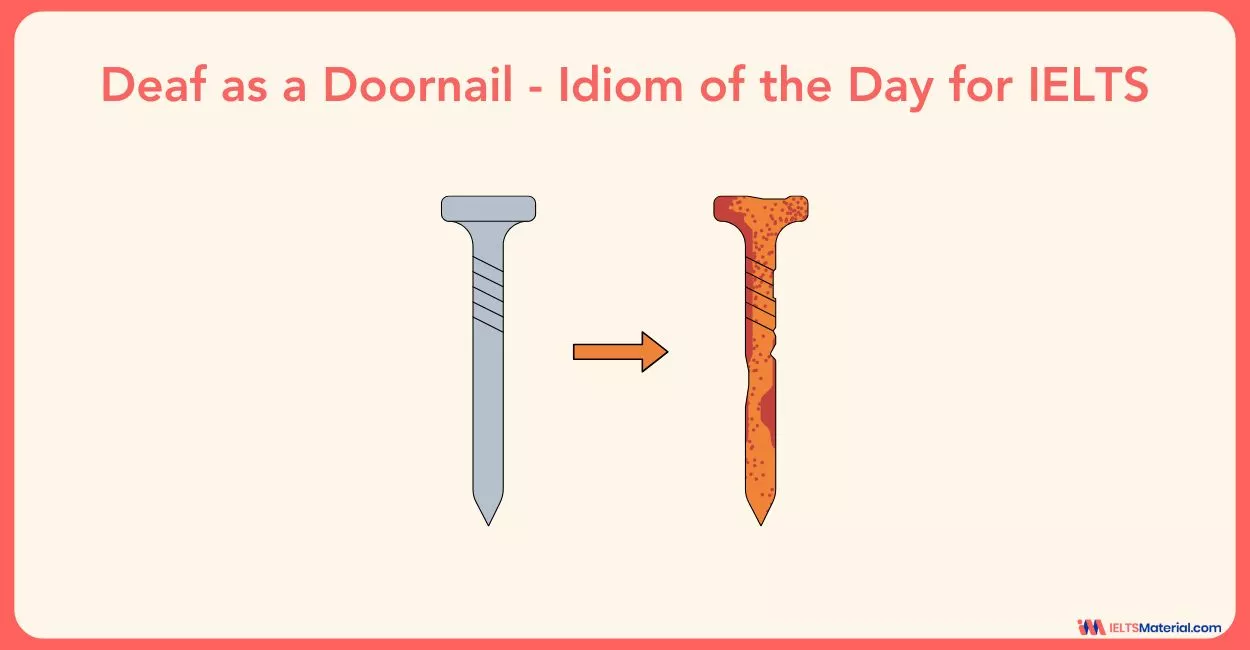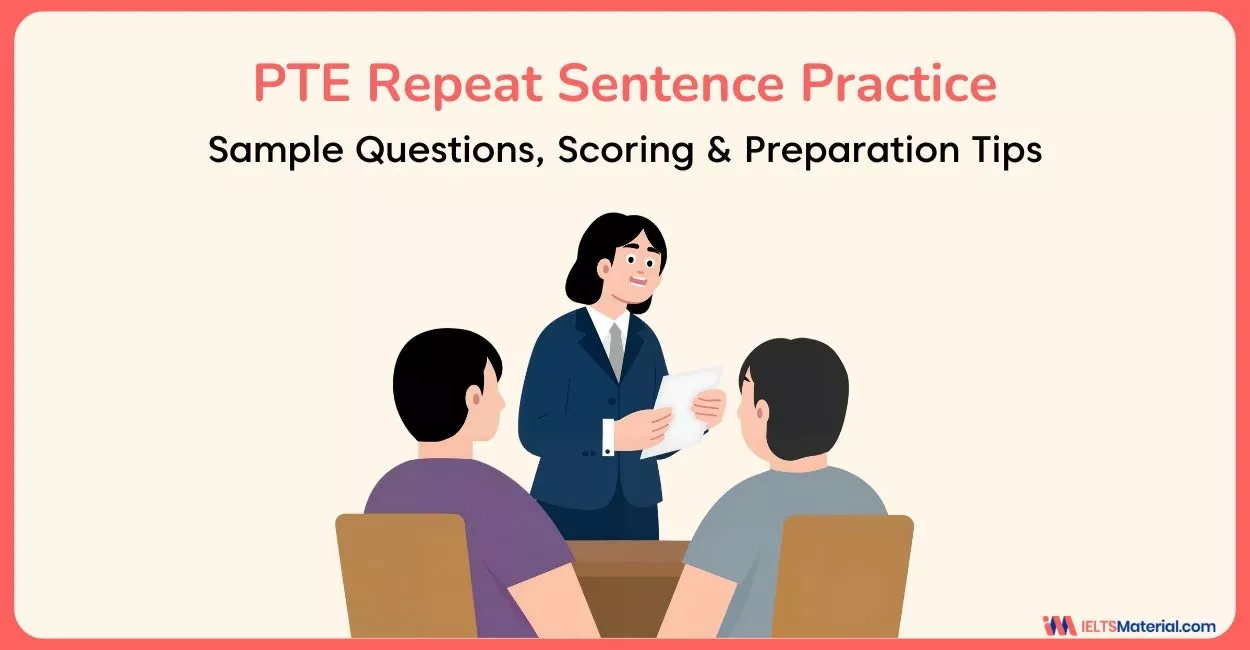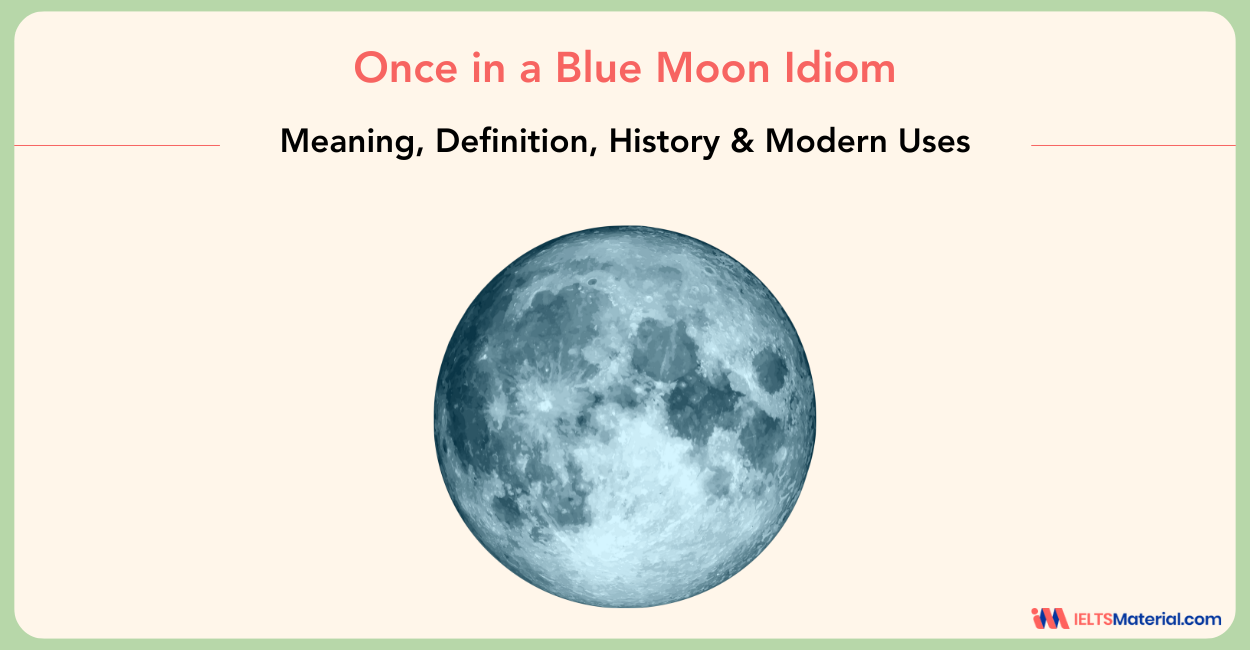Crocodile Tears – Idiom of the day for IELTS Speaking & Writing
5 min read
Updated On
-
Copy link
Add variety to your answer for the IELTS Speaking & Writing sections by including the idiom 'Crocodile Tears' to showcase fake tears. Learn how to use it appropriately and avoid common mistakes effectively in essays, cue cards, and part 3 discussions.
Table of Contents

Limited-Time Offer : Access a FREE 10-Day IELTS Study Plan!
Want to express someone who shows a fake expression of sorrow and regret? You must learn the idiom ‘Crocodile Tears’ to describe the person effectively. Lexical resources are one of the main components in both IELTS Speaking & Writing sections. Incorporating such idioms into your answers would showcase that you have a strong command of the language. Therefore, you must be aware of the situations, contexts, and strategies to fit it in your responses for the IELTS Exam. With practice, you can seamlessly use them like a native speaker without giving much thought to it.
Connect with our IELTS Trainers to crack your IELTS exam in no time! FREE Demo.
What is the Definition of the Idiom ‘Crocodile Tears’?
Using appropriate idioms in everyday language and communication requires you to carefully consider its contextual meaning and figurative expression. This is because if these are used inappropriately or out of context, or even sound forced or unnatural, it can affect your coherence and lexical resource scores. In order to achieve a higher IELTS Band Score, developing proficiency in the accurate, relevant, and contextualized uses of the idiom ‘Crocodile Tears’ become important.
The table below shows the definition, synonyms, and example sentences with the term.
|
Topic |
Description |
|
Crocodile Tears |
Idiom |
|
Definition |
false or fake tears |
|
Synonyms |
Fake crying, pretended sorrow, insincere tears |
|
Examples |
Peter fell down but did not hurt himself. He cried crocodile tears only because he wanted his dad to buy him something. He thought he could get his way if he cried crocodile tears.
Some individuals believe that children nowadays would shed crocodile tears to get away with anything. To gain audience sympathy, many celebrities shed crocodile tears. |
Want to learn IELTS Speaking IDIOMS for BAND 9? Let’s check out the video below!
Common Mistakes to Avoid When Using ‘Crocodile Tears’
Using an appropriate idiomatic language would demonstrate your vocabulary range in IELTS Speaking and Writing sections. This can include elaborating on personal points or describing particular situations. However, there could be times when you might use it in the wrong context, mistaking the meaning, or being overly formal. This is the reason why you must be aware of the common mistakes which you need to avoid while using the idiom ‘crocodile tears’.
-
Use in Academic Formal Essays
'Cry crocodile tears' is informal and should not be used in formal essays (Writing Task 2).
|
Incorrect: "Politicians shed crocodile tears about climate change." Correct: "Politicians often express insincere concern through crocodile tears about climate change." |
-
Misunderstanding Meaning
Some believe it means real sadness, yet it actually depicts fake emotion.
|
Incorrect: "She cried crocodile tears because she was heartbroken." Correct: "He shed crocodile tears to gain sympathy, but he didn’t care about the problem." |
-
Inappropriate Context
This idiom can be used in situations which are applicable to neutral facts or scientific descriptions.
|
Incorrect: "The scientist shed crocodile tears during the experiment." Correct: "The scientist shed crocodile tears during the press conference to appear compassionate." |
-
Confusing with Other Expressions
Don't mistake it for simple expressions of sadness because that would make the meaning of your sentence wrong.
|
Incorrect: "She felt crocodile tears because her pet passed away." Correct: "Her crocodile tears were not genuine; she only pretended to be sad in front of the teacher." |
-
The Wrong Tense
When giving a wrong tense, there remains an ambiguity.
|
Incorrect: "He shed crocodile tears tomorrow." Correct: "He shed crocodile tears yesterday to avoid responsibility." |
Grab the Vocabulary for IELTS (Essential words for popular topics in IELTS) and take a step towards your desired band score of 8+.
Exercise on ‘Crocodile Tears’ for IELTS Speaking & Writing
An awareness of the context in which this idiom can be used would elevate your preparation. By diving into the exercise below, it will help you understand how to use the phrase properly. The exercise will ensure you're confident using the phrase 'Crocodile Tears' before the IELTS exam.
EXERCISE 1 : Choose the most suitable idiom from the options below to complete each sentence.
|
a blessing in disguise |
crocodile tears |
break the ice |
|
in hot water |
cost an arm and a leg |
the ball is in your court |
1 The designer handbag she bought __________, but she really didn't care: she loved it.
2 Losing my old phone turned to be __________ because I was hoping to get a better one as a replacement.
3 The host told a joke at the start of the party to __________ so that everybody could feel comfortable.
4 His apology seemed like __________; no one believed he was really sorry.
5 On becoming too late for deadline, he was standing __________ with his manager to explain the delay.
6 I’ve done everything I can to help with the project, so now __________.
EXERCISE 2 : Use the idiom for the cue card topic and record yourself speaking.
Describe the childhood moment that you remember. Try to use this idiom in your speech. You should say:
– When it happened
– Who was involved
– What did you do
And explain why you like or dislike this moment
Answer to the Exercise on ‘Crocodile Tears’ for IELTS Speaking & Writing
It's time to check your answers. Carefully compare them with the correct solutions, then analyse why you selected each option. This reflection will help you face errors, improve the way you approach problems, and enhance further your training toward obtaining a higher IELTS score.
- cost an arm and a leg
- a blessing in disguise
- break the ice
- crocodile tears
- in hot water
- the ball is in your court
Enroll into our Free IELTS Webinar and learn more about techniques to improve your vocabulary.
By knowing the meaning, practicing its use, and avoiding mistakes in using the idiom ‘Crocodile Tears’ in response, you will begin to use it naturally and help demonstrate your advanced lexical resource. Such idiomatic language would improve your responses and help you to achieve a higher band score through the display of precision as well as appropriate contextual use in Speaking & IELTS Writing Sections.
Explore More:
Also Check:
Explore IELTS Resources

Start Preparing for IELTS: Get Your 10-Day Study Plan Today!
Explore other IELTS Articles

Kasturika Samanta

Haniya Yashfeen
Recent Articles

Kasturika Samanta

Prity Mallick

Nehasri Ravishenbagam







Post your Comments